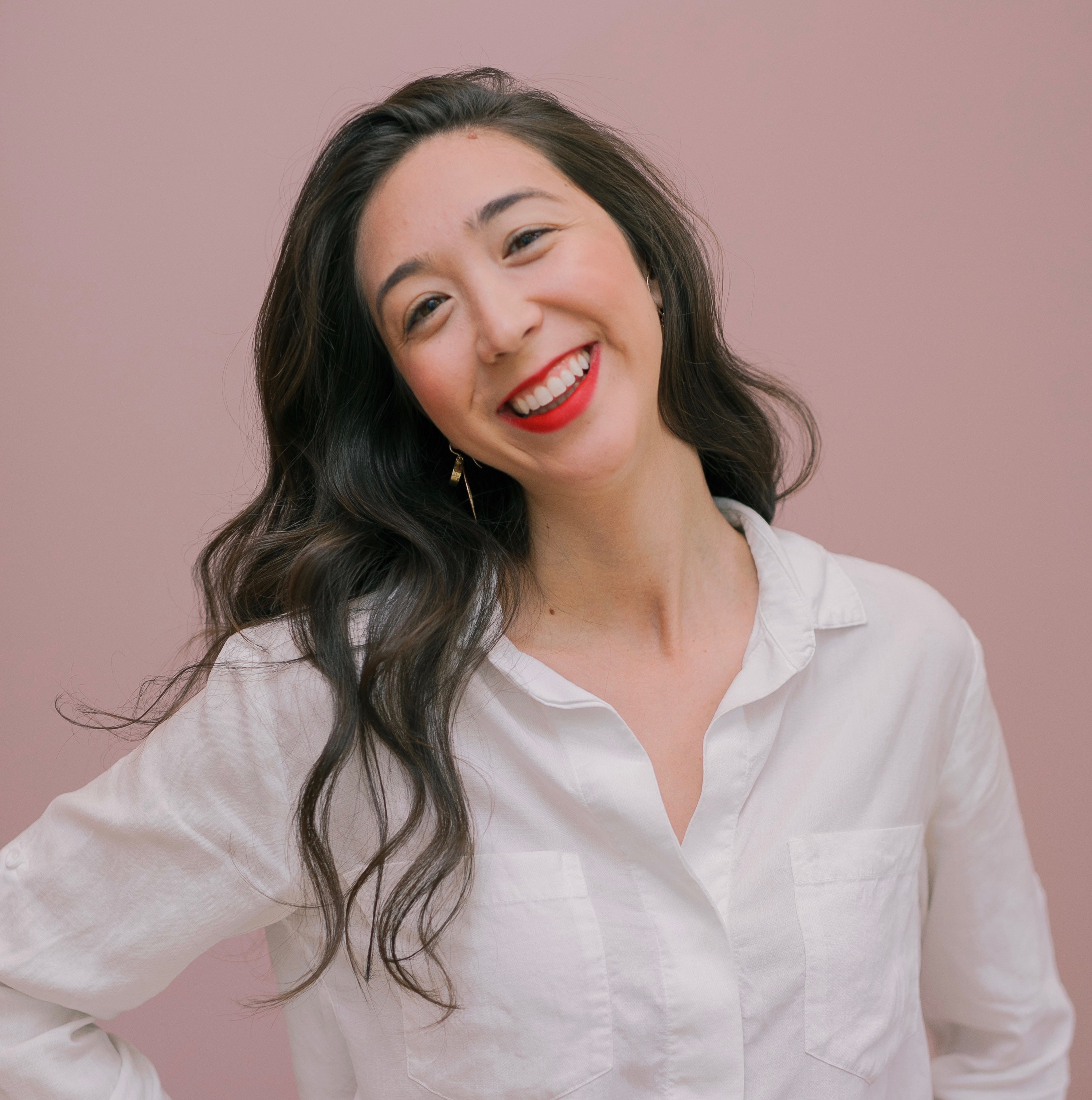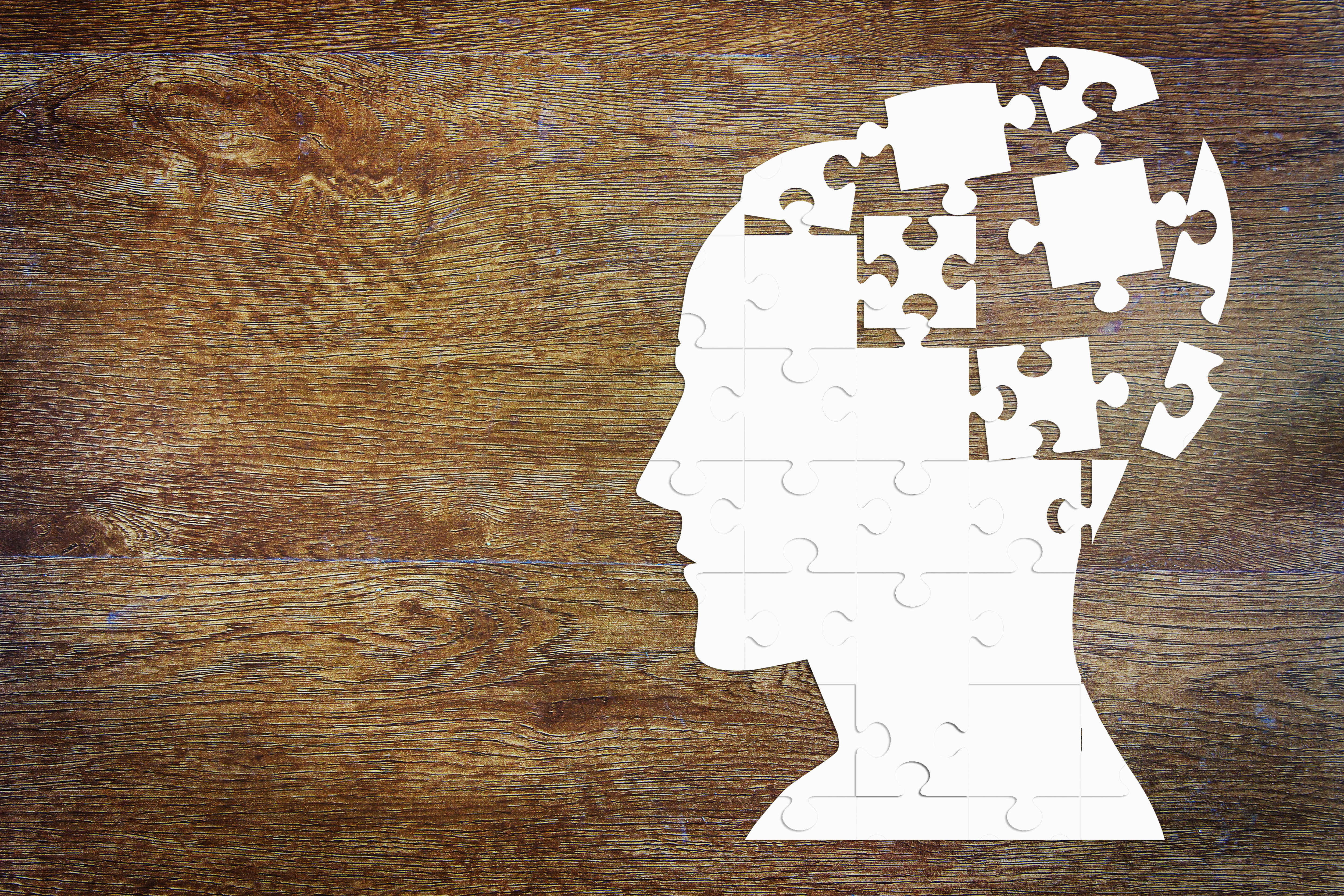Often, people ask me why I often avoid drinking alcohol, refuse to get an Apple Watch, or stray away from diets like the plague. I say it’s because I have “an addictive personality.” What I usually mean when I say this, is that I have a tendency to numb my feelings or get carried away with an activity to the point of compulsion — instead of regulating my nervous system in a more balanced, healthier way.
Let me explain. If I have a bad day at work or catch a wave of social anxiety at a group event, like a wedding, my first instinct is to make that feeling go away. What is one of the quickest ways to do that? Alcohol…which is why I have to be careful. More times than not, my desire to drink alcohol is directly tied to my desire to escape uncomfortable feelings. Red flag!
Similarly, I used to get so overwhelmed with making “healthy” food and lifestyle choices that I would go overboard on how much food restricted and how much I would exercise. It felt like an “all or nothing” game to me. Much like my relationship with alcohol, it was the motive behind restricting food and exercising a lot that became an issue.
Since I often say I have an addictive personality, I decided to consult the experts to get their thoughts on this concept.
Here are the four burning questions I asked:
1. Is there such a thing as an addictive personality?
According to Rachel O’Neill, Ph.D. LPCC-S, and Ohio-based Talkspace therapist, there is no official mental health diagnosis to support an addictive personality.
However, she confirmed that there are certain personality traits that are associated with addictive tendencies. As she shared, “Individuals who tend to feel over-connected to certain activities or processes — at the expense of doing other things in their life — may demonstrate traits of an addictive personality.”
I resonate a great deal with the word “over-connected” because while I never felt like I was putting myself in danger with my drinking or disordered eating habits, I was definitely aware that I cared a lot about having a glass of wine to “take the edge off” or eating as few calories a day as possible.
2. Where does addiction come from?
There is no one reason someone develops an addiction or is more prone to addiction than someone else. “Addiction is a complex interplay of both biological (genetic) predispositions and environmental influences (like stress and trauma),” explained O’Neill. With that being said, O’Neill noted that the age of first substance abuse and family history of addiction are two contributors to keep an eye out for.
While I have spent a lot of time trying to piece together why it feels like I have a tendency towards addiction, I have come to accept that not everything needs an explanation — not even for myself.
3. Can practicing mindfulness help?
There is a growing body of research that supports mindfulness-based interventions for addiction treatment, and it has been shown that mindfulness is especially effective at helping with cravings and substance misuse. As O’Neill explained, people who have tendencies of an addictive personality may struggle with emotional regulation skills.
“[Practicing mindfulness] can help with awareness of the present moment and allow an individual to feel greater control over some of their impulses,” shared O’Neill.
I can attest to the fact that practicing mindfulness has been a game-changer to helping me deal with my emotions in a healthier way. Instead of living life so reactively — thanks to mindfulness — it’s easier for me to tune into my body and honor what my true needs are underneath the superficial desire to numb. It has not been an overnight thing, but I have stayed committed to meditating every day.
4. What are the best resources to heal an addictive pattern?
Here are Dr. O’Neil’s three go-to recommendations when it comes to learning how to heal your pain instead of numbing out on substances or other addictions:
- A Liberated Mind by Steven Hayes: This newly-released book by the creator of Acceptance and Commitment Therapy explores ways to help folks focus on living in the moment and letting go of past pain.
- Twelve Steps and Twelve Traditions: This is a good text for those interested in exploring the AA approach of recovery from addiction.
- The Addicted Mind Podcast: This podcast provides reliable information about addiction treatment and research.
While it is unclear to me whether I was ever “addicted” to alcohol, exercise, food restriction, working, stress, perfectionism, social media, or praise, (and countless other things).I felt imprisoned by forces outside myself, but it didn’t change the fact that I wanted to find alternative solutions to deal with my emotions.
I don’t think you need to be labeled “addicted” to something in order to seek out professional help. After all, you are in charge of your own healing journey.
Originally published on Talkspace.
More From Talkspace
Anxiety Attack vs. Panic Attack: Which One Are You Having?
Dealing With Depression: What You Need to Know
What Is a Therapist [Psychotherapist]? – The Complete Definition
Follow us here and subscribe here for all the latest news on how you can keep Thriving.
Stay up to date or catch-up on all our podcasts with Arianna Huffington here.


